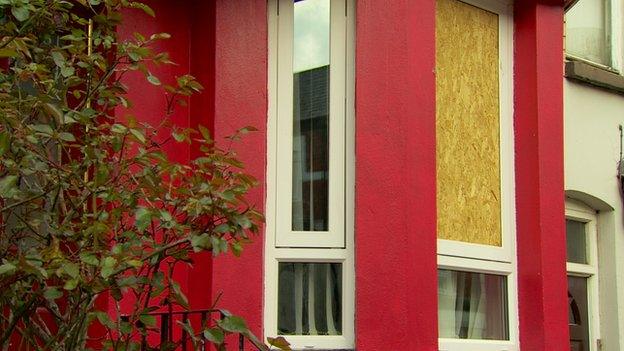Polish ambassador in Stormont talks over hate crime
- Published
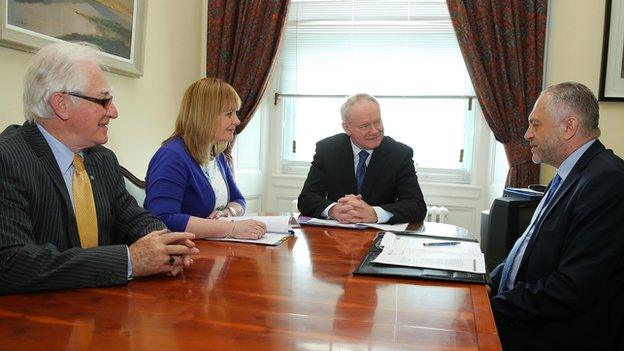
Polish Ambassador Witold Sobkow (right) and NI Honorary Polish Consul Jerome Mullen (left) met Michelle McIlveen and Martin McGuinness
The Polish ambassador has discussed an upsurge in hate crime in Northern Ireland with politicians at Stormont.
Witold Sobkow met Deputy First Minister Martin McGuinness and junior minister Michelle McIlveen. who was deputising for First Minister Peter Robinson.
They said they "value the contribution of the Polish community".
In a joint statement, the two politicians said they "shared the ambassador's concern about race hate crimes and all forms of intimidation".
'Scourge'
"Although race hate crimes are first and foremost a matter for the PSNI we all have a responsibility to support, understand and respect our neighbours.
"Together we must eradicate the scourge of racism, sectarianism and all forms of bigotry."
Witold Sobkow is on a two day visit to Northern Ireland
Almost 150 crimes were recorded against the Polish community in a 12-month period up to March 2015; an increase of 39 on the previous year.
On Monday, the first day of his two-day visit to Northern Ireland, Mr Sobkow called for a more co-ordinated response to the attacks and more integration for the Polish community.
"This is bad for the community, but it is also bad for Northern Ireland because it creates the wrong image of the community that is, in general, hospitable," he said.
Mr McGuinness and Ms McIlveen said officials would shortly have proposals ready for the Northern Ireland Executive's racial equality strategy, having analysed responses to a consultation.
"It is in all our interests that people from minority ethnic backgrounds have a sense of belonging and know that their place in society is valued," they said.
"By working together we can ensure all people in our community are treated fairly and show we welcome the diversity which enhances all our lives."
Mr Sobkow also met senior PSNI officers on Tuesday.
Assistant Chief Constable Stephen Martin said he had briefed Mr Sobkow "on the various strands of work we are engaged in to try and put a stop to the unacceptable behaviour being carried out by a small number of intolerant people".
He said the PSNI took its responsibilities in preventing and tackling hate crime "extremely seriously", adding that it "requires a wider societal and cultural response involving politicians, civic society and community".
- Published1 June 2015
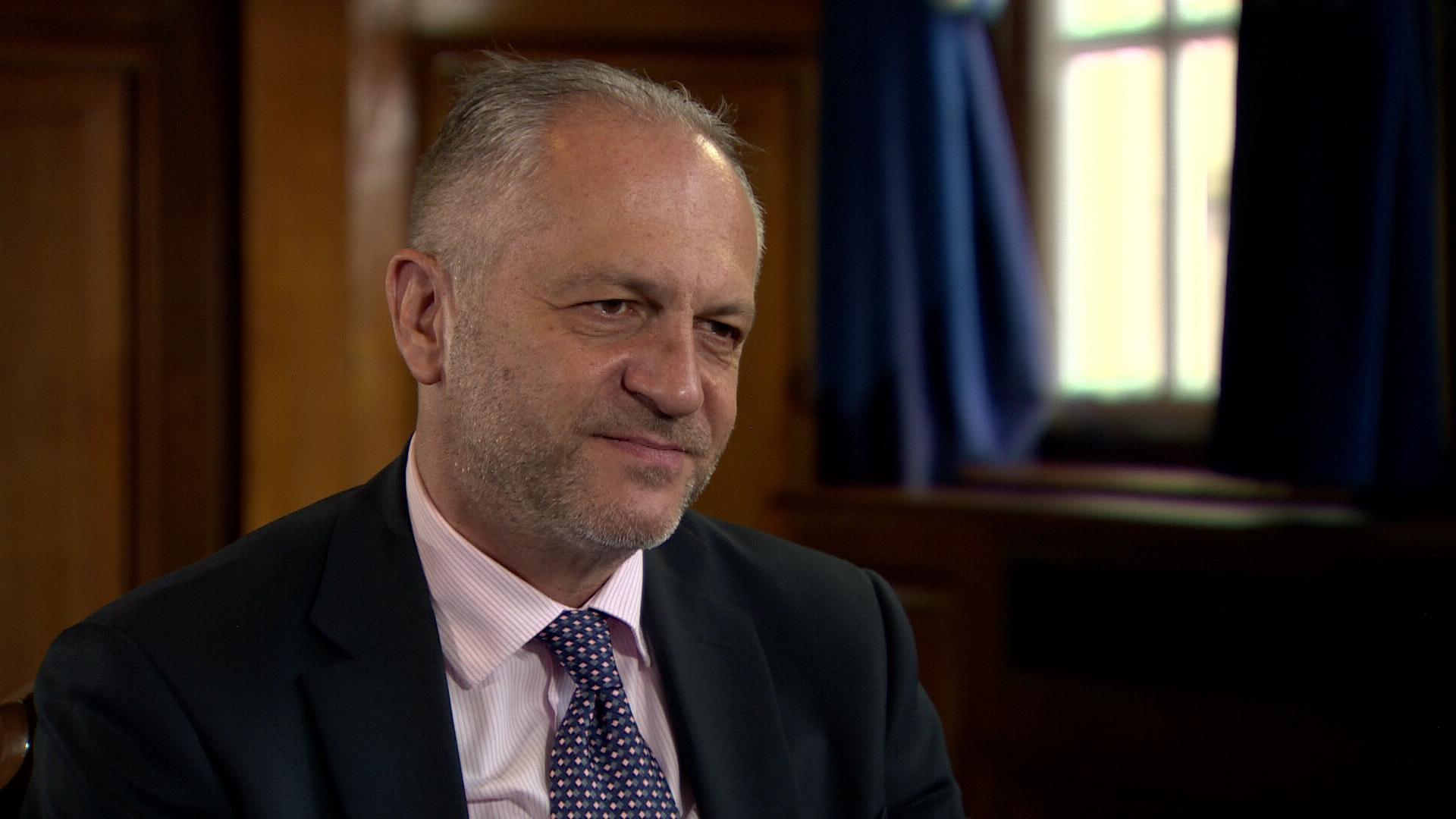
- Published12 April 2015
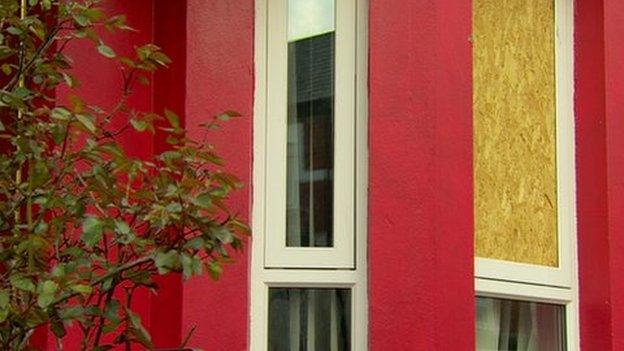
- Published11 April 2015
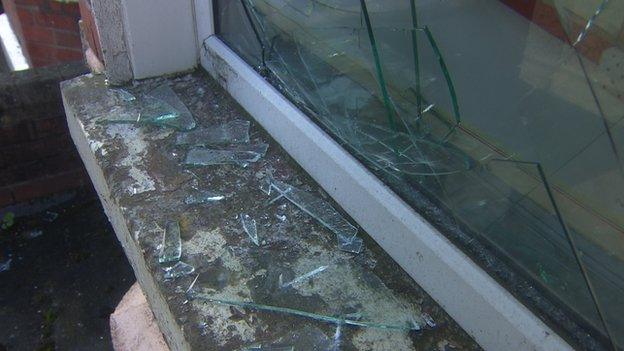
- Published8 April 2015
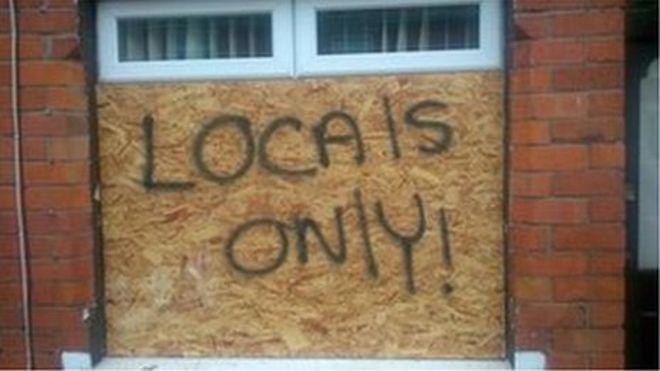
- Published7 April 2015
